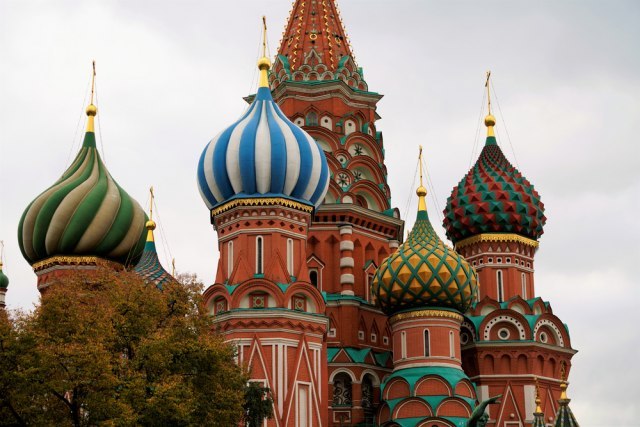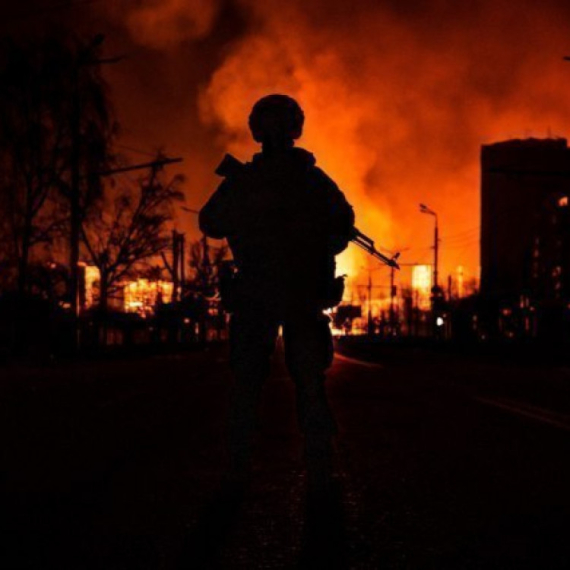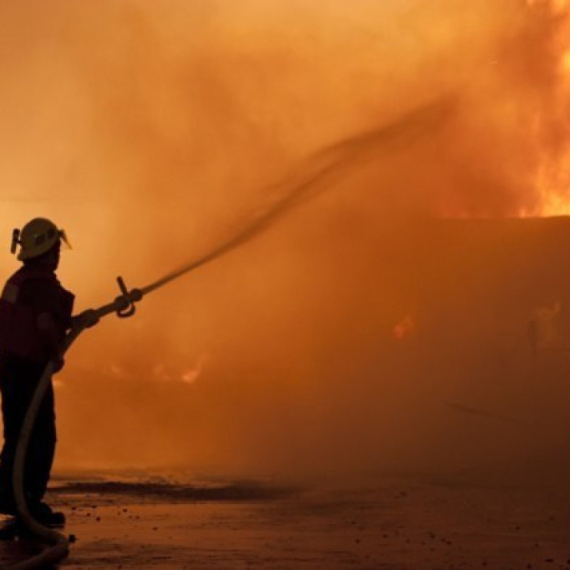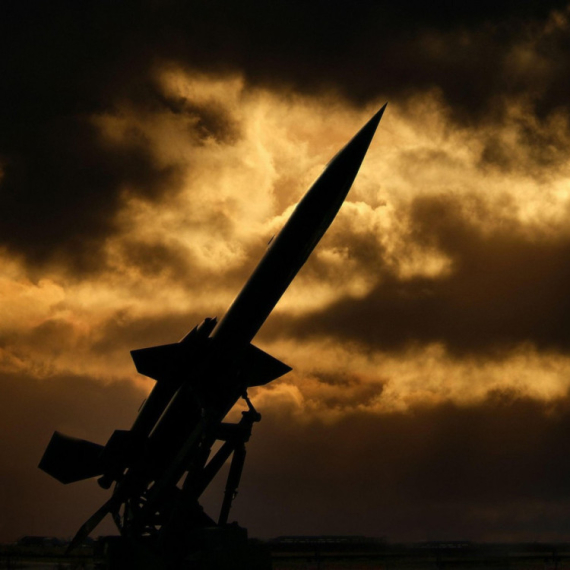What is the effect of the sanctions imposed on Russia?
Various sanctions packages have been imposed on the Russian economy since the beginning of the special military operation in Ukraine.
Monday, 25.07.2022.
17:17

What is the effect of the sanctions imposed on Russia?
On February 24, the first day of the extraordinary military operation in Ukraine, the Russian ruble was worth 81.42 to one US dollar, and the current exchange rate is 57.92, meaning the ruble has strengthened by about 30% against the US dollar since the beginning of the conflict.SWIFT
SWIFT (Society for Worldwide Interbank Financial Telecommunication) is an international banking network that enables secure financial exchange, i.e., payments and trade. Russia was blocked by SWIFT, but this was also relatively quickly overcome by the Russian alternative, the Financial Messaging System (SPFS), which became available to all BRICS members.
Pay/credit cards
Visa, Mastercard, and American Express cards have become unavailable on the territory of Russia, and also abroad for all those who have accounts in Russian banks. This problem was solved by switching to the Russian, national, payment card MIR and the Chinese UnionPay. Meanwhile, the MIR card has been accepted in South Korea and Nigeria, in addition to BRICS members, and additional activities on further development are ongoing. International companies
Since the beginning of the conflict, Western companies started leaving Russia, due to imposed sanctions and directives of political elites from their countries. Immediately after those companies stopped working, the Russian Initiative for the Protection of Consumer Rights asked the government and the prosecutor's office to take appropriate measures to protect consumer rights.
The proposal that Russian managers take over the management of these companies was supported by the President of the Russian Federation, Vladimir Putin, stating that "the rights of foreign investors and partners who continue to work in Russia must be protected."
"We have nothing to hide from. We will work with all foreign partners who want to work with us," Putin said.
Essentially, Russian executives will take over the management of companies that have left the country’s market and in which foreigners own at least 25% of the capital.
Export of energy products
It took the first hundred days of the special military operation in Ukraine for Russia to earn 98 billion dollars only from the export of fossil fuels, having the European Union as the largest importer.Russia exported 61% of its fossil fuel to the European Union for about 60 billion dollars.
The biggest importers were China with $13.2 billion, Germany with $12.7 billion, Italy with $8.2 billion, the Netherlands with $8.4 billion, Turkey with $7 billion, Poland with $4.6 billion, France with 4.5 billion, and India with 3.6 billion dollars.
Russia generated the most revenue from the sale of crude oil ($48.2 billion), followed by gas ($25.1 billion), oil derivatives ($13.6 billion), and liquefied natural gas ($5.3 billion), and coal (4.8 billion dollars).
Effects of the sanctions
After reviewing all the data, the question of the effectiveness of the sanctions must be raised. It is certain that they do have a limited effect but do not prevent Russia to do business, meaning that the impact of sanctions is much weaker than expected. Europe is highly dependent on Russian gas, especially Germany as the largest European economy.Sanctions on the import of Russian gas would seriously shake the economic stability of Europe, lead to an increase in unemployment, and therefore social unrest because EU member states are years away from possible independence from Russian energy sources.
On Friday, the seventh package of sanctions was adopted, which refers to the export of gold, but not titanium, because 65% of the European aviation industry's needs for that metal are met by Russia.
The next stumbling block is agriculture, that is, the export of grain and fertilizers. Russia is the largest producer of grain and fertilizers, and sanctions in that direction would have a global effect on food security and hunger in the world.
With all the aggravating circumstances under the sanctions and the military conflict, the Russian economy recorded a growth of 3.5%, indicating that Russia is coping well with the sanctions.



















Komentari 0